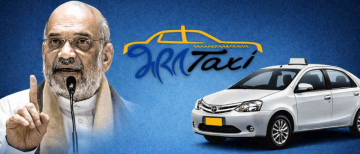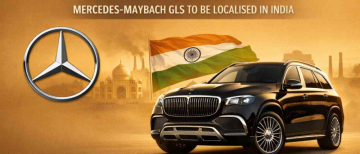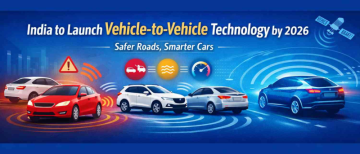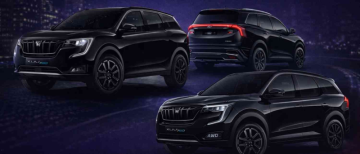The ambitious EV30@30 policy calls for India to switch to electric vehicles (EVs) in a big way. Thirty percent of all new private cars purchased by 2030 should be electric. A strong, widely available system for charging electric cars is what India needs to reach this high goal.
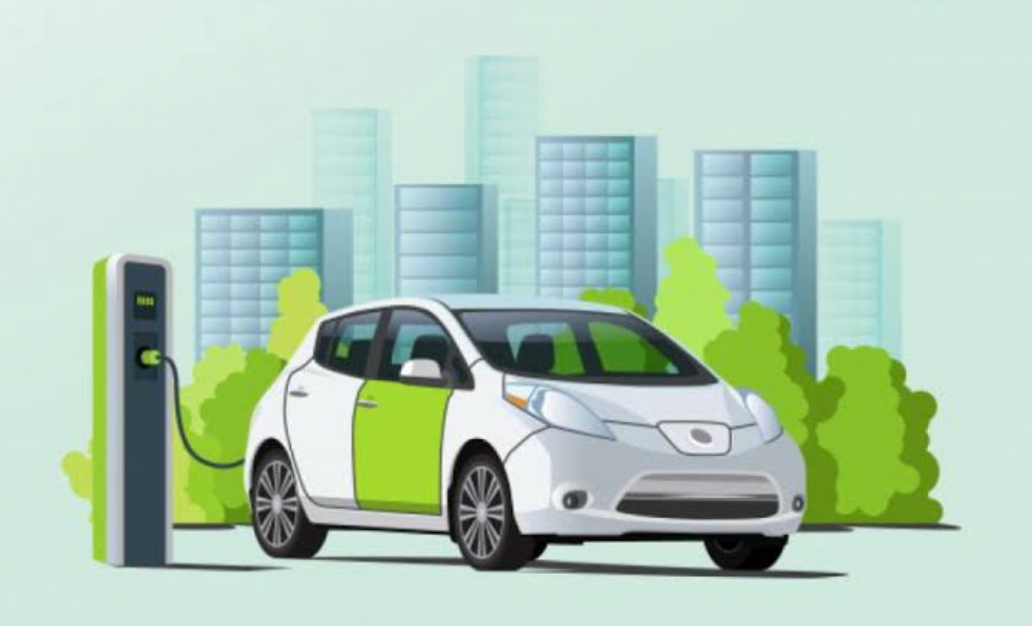
Why should building electrical charging stations be a top priority?
Full-charge networks are needed for EVs to become popular. Potential EV buyers will find the answers to two important questions:
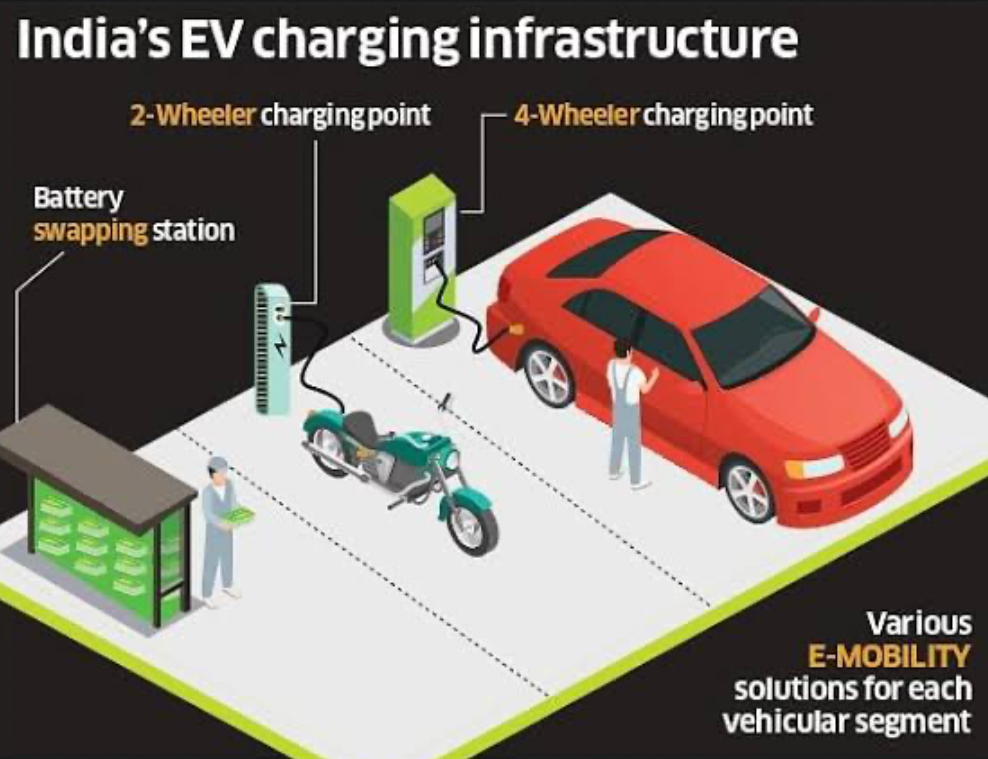
- Ranging problems: Electric vehicles (EVs) aren't very popular yet because they can only go a short distance on a single charge. An extensive network of charging stations eliminates this worry by making it simple to refuel.
- How straightforward it is to charge: Fast charging is needed for EVs to be used every day at home, at work, and in public places. This is possible with a nicely distributed charging scheme.
Within India, there are currently chargers for electric cars
Problems exist with India's current method for charging electric vehicles (EVs):
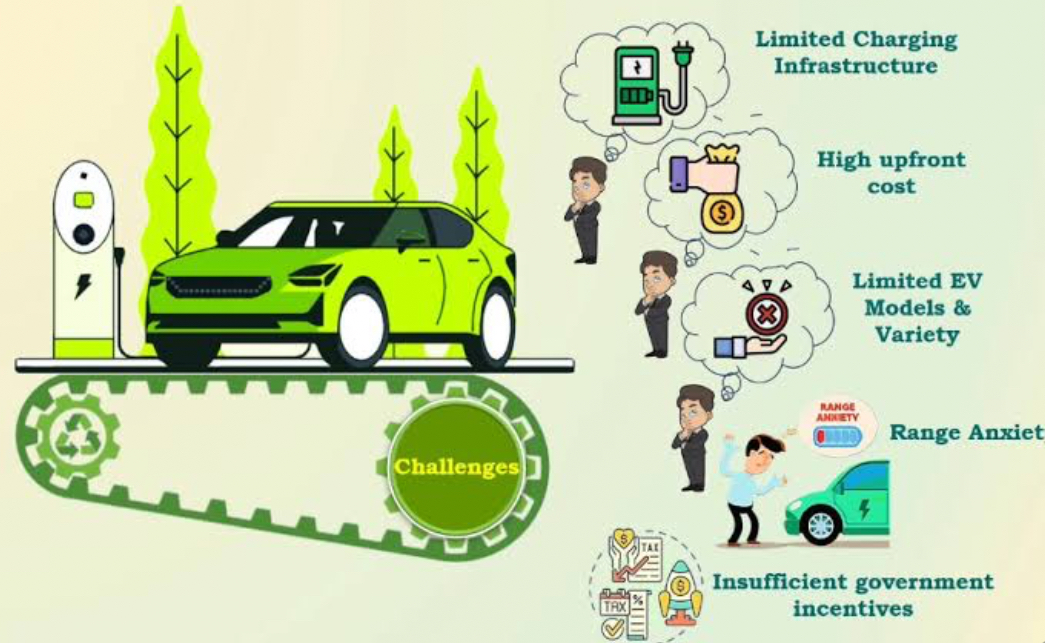
- Fewer stations than needed: India only has 12,146 public charging stations active as of February 2024. That means there is only one charge station for every 135 EVs. The number of charging stations needed is less than the world average, with only one for every six to twenty electric vehicles.
- Unevenly Spread Out: Most charging stations are in big cities. This makes it harder for people in rural areas to buy EVs because they don't have as many options.
- In terms of policy and education: Programs like FAME and NEMMP encourage electric car buyers to purchase and install charging stations, but most people are still unaware of them.
Things will get better by 2030, according to the government
Indian officials are working hard to simplify the charging process for electric cars.
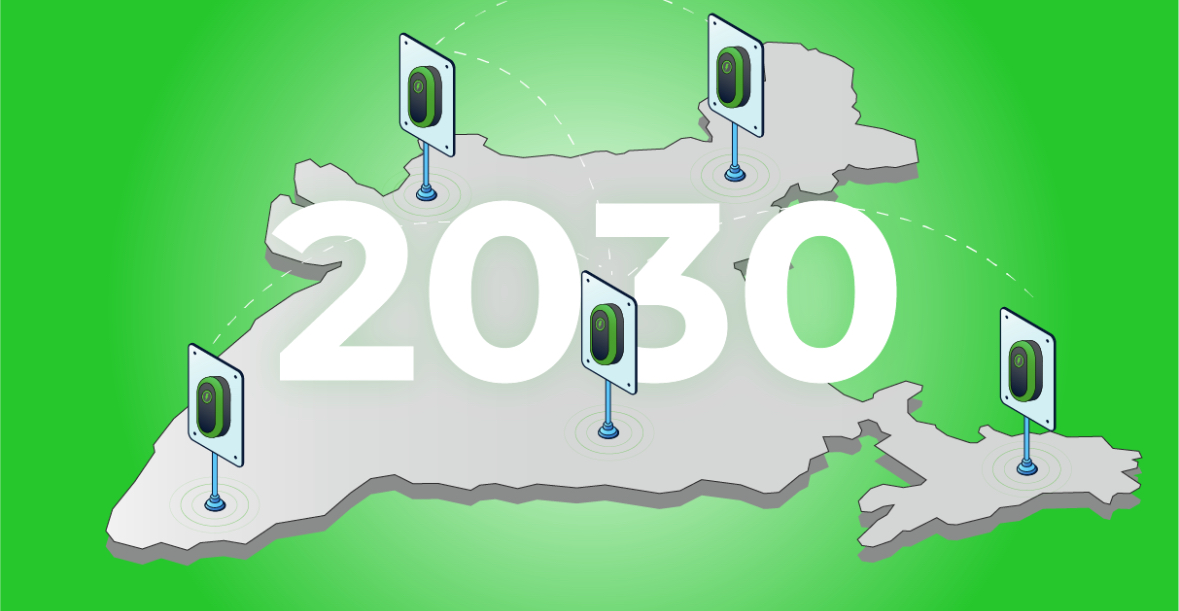
- Guidelines for flagships: The Faster Adoption and Manufacturing of Hybrid and Electric Vehicles (FAME) program helps people buy electric cars and set up charging points. The National Electric Mobility Mission Plan (NEMMP) outlines an effort to encourage people to buy electric cars.
- Private sector involvement: To encourage private investment, the government only allows foreign direct investment (FDI) of 100% in charging stations for electric cars. Furthermore, EESL and other programs like it encourage private players to help build charging stations.
- Switching batteries and charging smart: The government is looking into other options for easier and faster work, such as battery swapping locations and smart charging technologies.
- Issues with building a lot of equipment at once: There are several issues in India at the moment that make it tough to create a strong network for charging electric vehicles.
- The grid is not working properly: Growing demand is already putting a lot of stress on India's power supply. Many electric vehicles (EVs) could make this problem worse, especially in rural areas where power creation isn't very strong.
- Installation is quite expensive: The initial costs of setting up charging stations are high, which keeps many potential investors away, including small businesses and apartment buildings.
- Various landscapes: The situation in India is difficult. Protecting stations from heavy rain and adapting to different population densities across regions require different solutions.
There are ways to change India's electric vehicle charging method
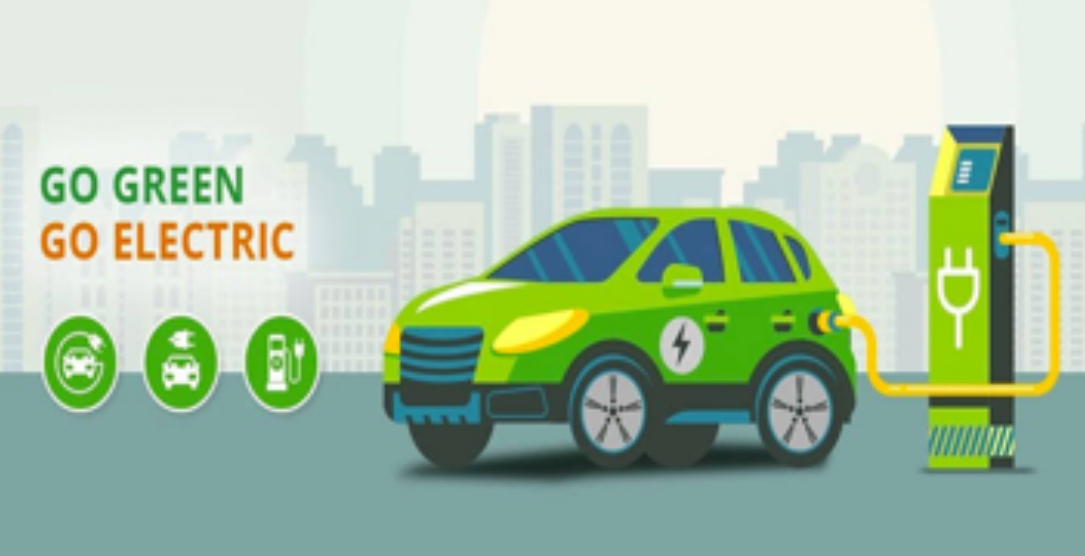
A number of programs, including the following, can aid in building a robust network for charging electric cars (EVs) more quickly.
- Additional charging points in public areas: In addition to private businesses and state governments, the federal government needs to build a lot more charging stations, especially on major roads and in places that don't have enough of them.
- Including green energy: Utilizing India's large solar and wind resources to generate clean energy, we can ensure that charging electric cars has better and more reliable power.
- Create fast-charging technology: Electrical vehicles (EVs) can cut down on charging time by a lot, which makes them good for long trips. If you're worried about your range, this can help.
- Support private industry investments: If the government continues to assist by providing funds, offering tax breaks, and simplifying the approval process, more private companies will build and operate charging stations.
- India's future depends on EV facilities: A well-developed network for charging electric cars (EVs) could significantly impact India's future.
- Emissions of greenhouse gases have gone down: Electrical vehicles (EVs) don't release any pollution when they drive, which helps keep the air clean and the land healthy.
- Using more clean energy will become common: More environmentally friendly and less reliant on fossil fuels, charging electric vehicles with green energy can help the world.
- Creating jobs and growing the economy: EVs could bring millions of jobs in EV-related service industries, charging station construction, and EV production.
In India, electric vehicles will do very well in the future
India needs a robust charging method that many people can easily use to transition to electric vehicles. Businesses, new technologies, and government schemes can help build a permanent and useful network for charging electric vehicles (EVs). Thus, the environment would be better off, the EV business would grow, and India's future would be more secure. Developing countries that want to switch to electric vehicles can learn from India's success in this area.
Image Source: Multiple Agencies
Inputs from Agencies
© Copyright 2024. All Rights Reserved Powered by Vygr Media.










